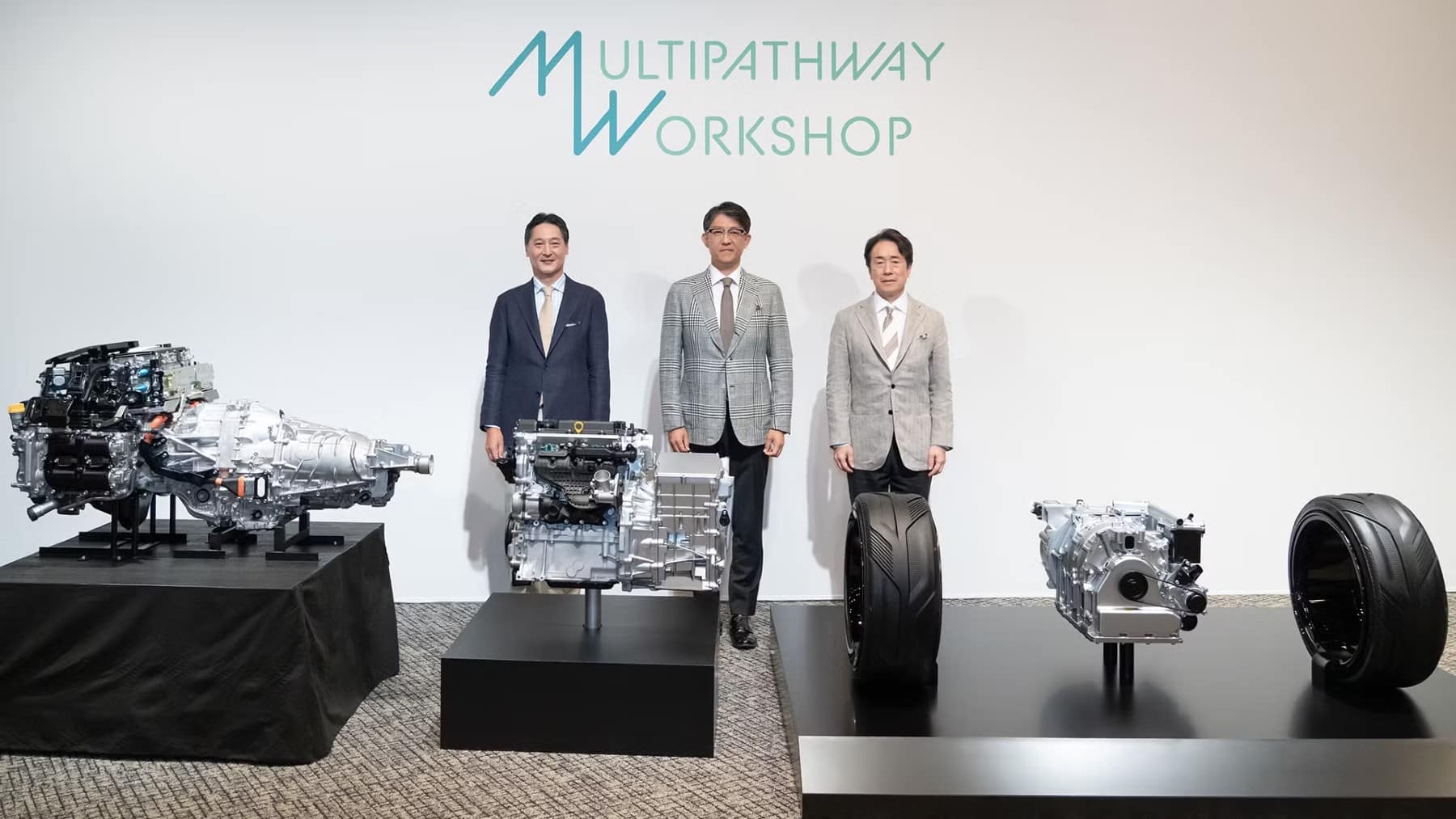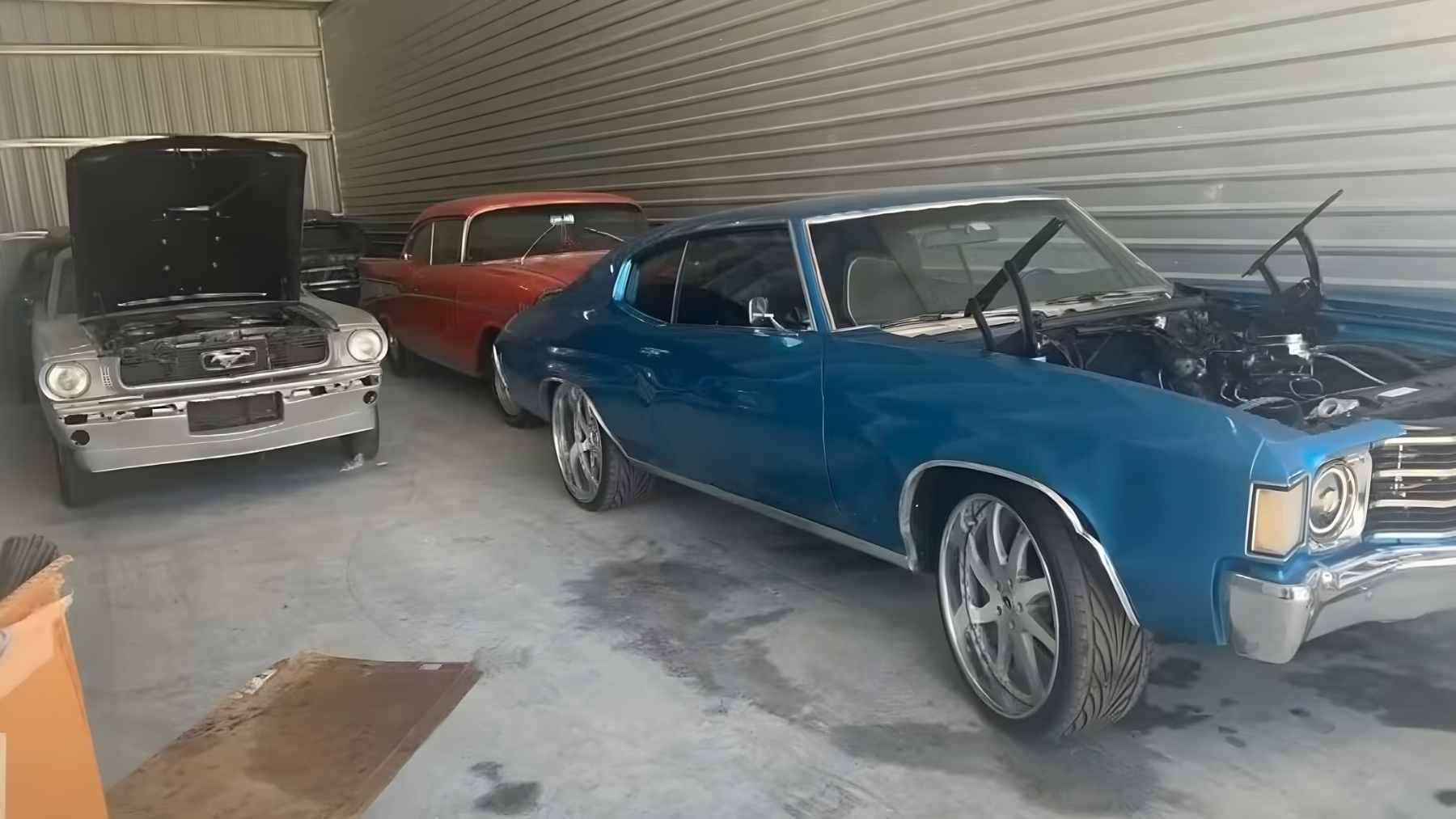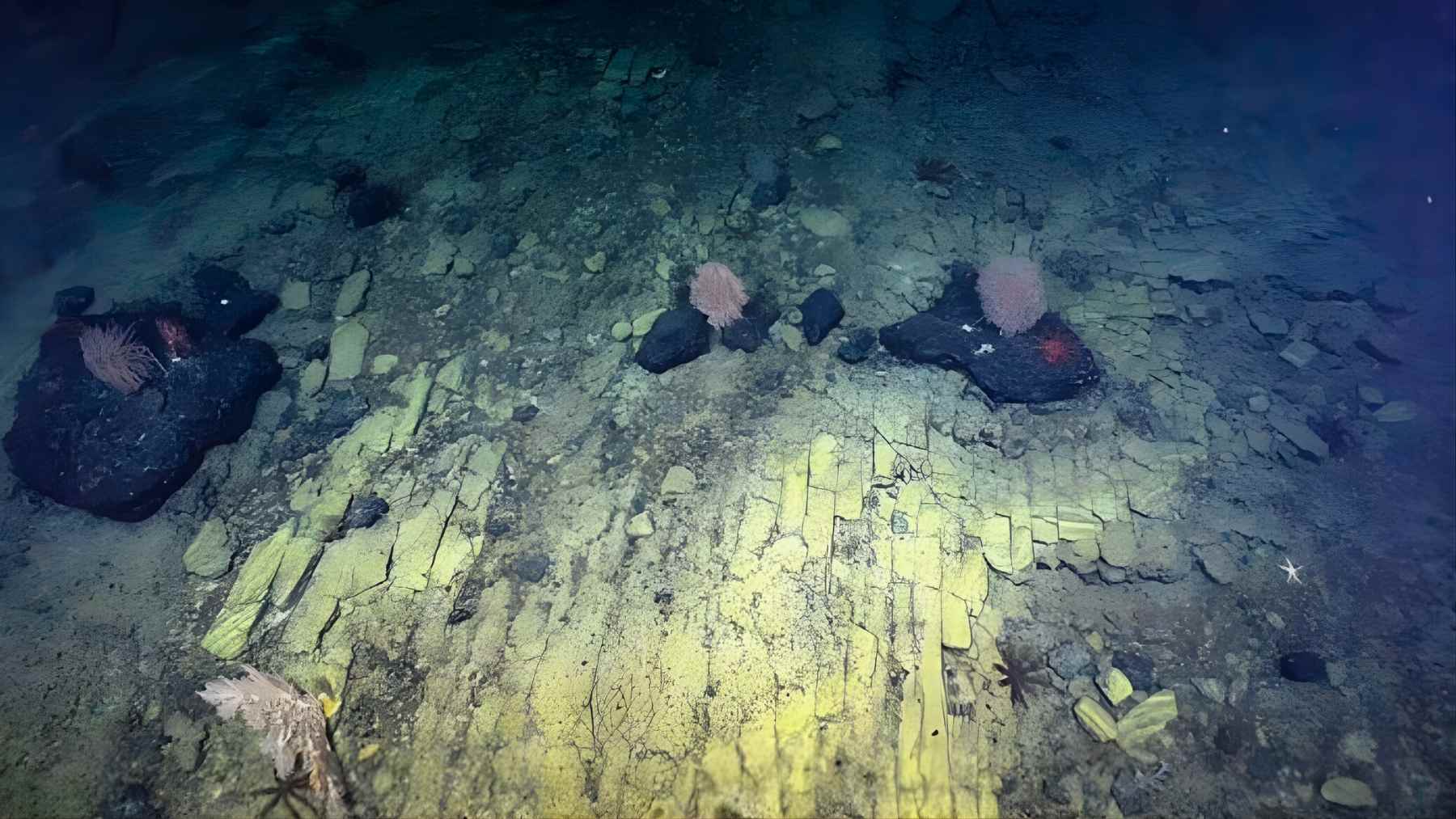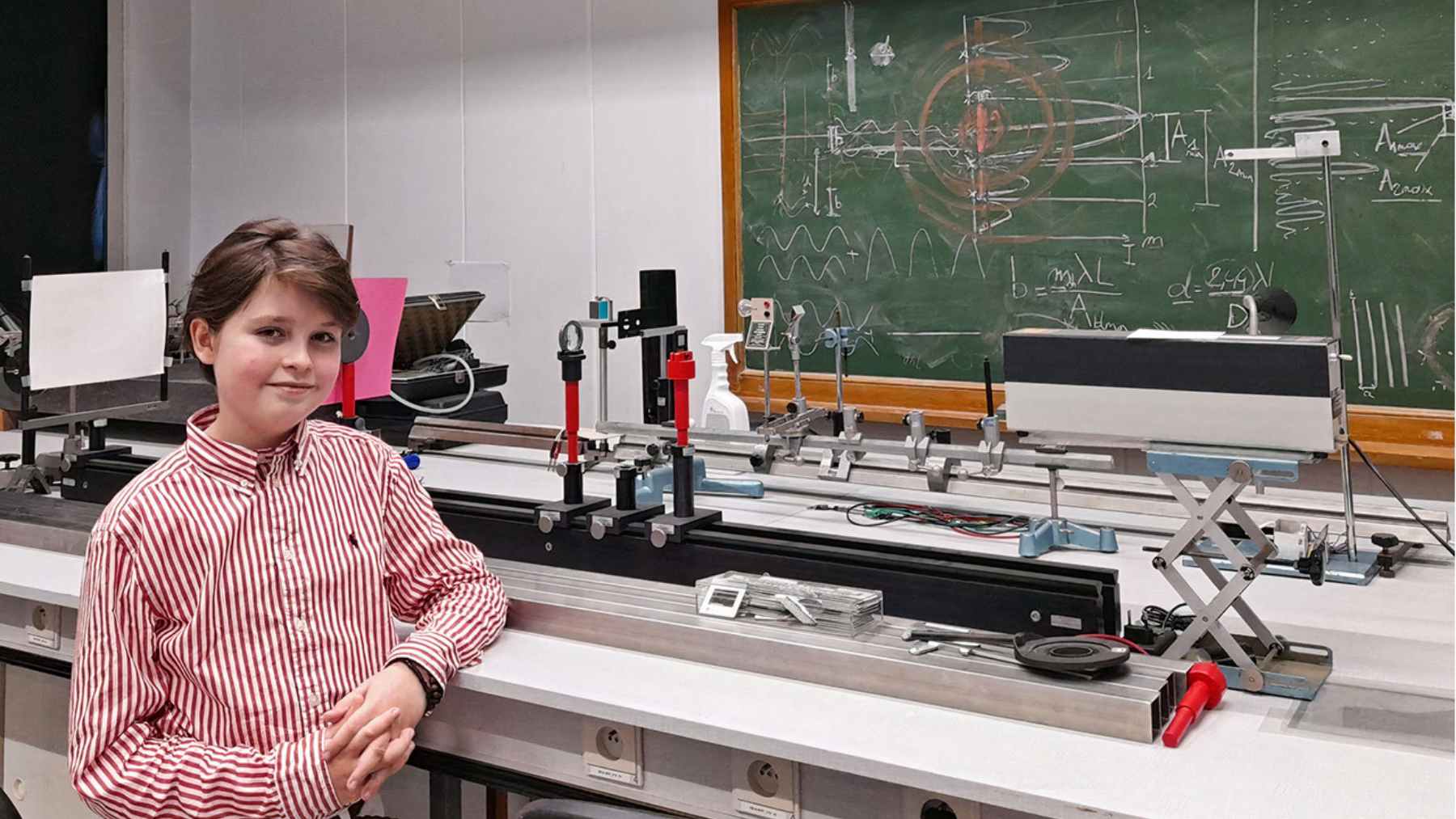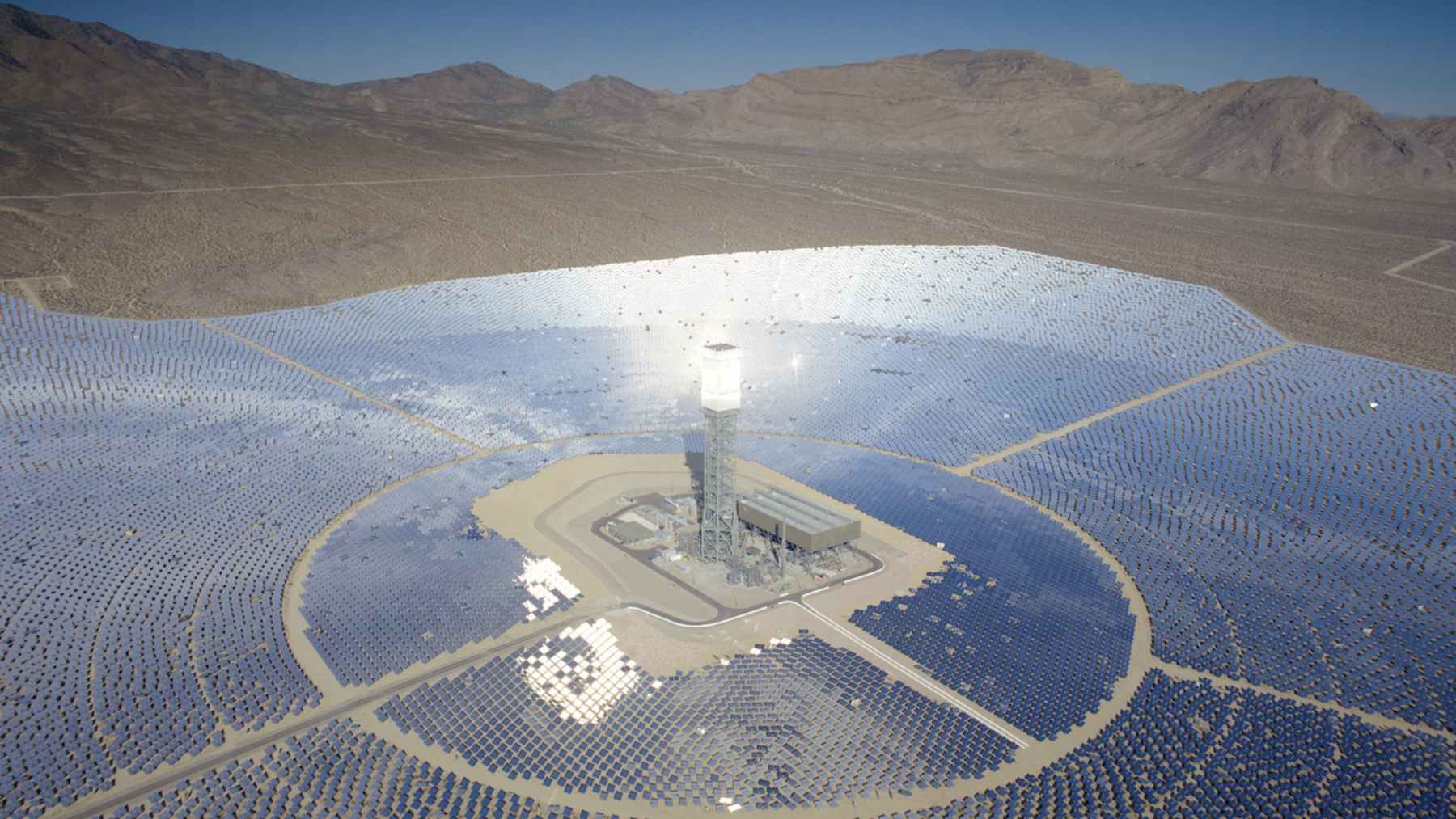In an age of climate concerns, the transportation industry has been particularly under fire and pressured to begin developing alternative engine and transportation solutions that draw upon renewable sources. Japanese automaker Toyota has been pioneering many of these alternative engine solutions to achieve a carbon-neutral world, especially through its commitment to developing the hydrogen engine. Now, Toyota is teaming up with other Japanese automakers to take a step back from this fuel.
Toyota sets its sights on hydrogen engine solutions
With major automobile companies starting to look towards a future without the internal combustion engine, many have placed their bets on the electric engine. Not only do most major automobile companies now offer at least one version of an electric or hybrid model, but plug-in hybrids are proving to be the most popular alternative engine seen on the road, highlighting how companies need to offer these vehicles to stay competitive.
However, while Toyota has also been developing electrical solutions, they have also been developing fuel-cell hydrogen engine solutions. While the electrical engine in passenger vehicles remains dominant in the industry, hydrogen engine technology has been increasingly noted for its potential in other transportation sectors, such as the aviation industry and long-haul trucking.
Toyota, Mazda, and Subaru take a step back from this fuel
Last year, it was announced that Toyota, Mazda, and Subaru would be teaming up to combine resources and expertise to develop electric and hybrid engine solutions. During a press conference in May of last year, the three Japanese automobile powerhouses revealed that their partnership is intended to develop clean engine solutions for the planet while still drawing upon the technology of the internal combustion engine.
The partnership highlights how the automobile world is starting to step back from fossil fuels towards accelerated development of clean-energy solutions in order to transform the automobile industry towards a carbon-neutral future. In addition, the companies have stated that they also intend to draw upon hydrogen and synthetic fuel solutions to achieve this.
“Each company wants to win, but we can be faster if we work together,” said Toyota CEO Koji Sato at the May 2024 press conference.
A necessary shift towards clean energy solutions
The collaboration between the three Japanese powerhouses highlights the growing necessity for companies within the same industry to start collaborating instead of prioritizing profit and competition. With it now being a race against the clock to develop renewable engine solutions before the effects of climate change are irreversible, combining knowledge is a necessary step needed to accelerate the process of replacing fossil fuels.
One of the biggest problems the industry faces is not necessarily the development of the engine technology, but the implementation of the infrastructure to support these alternative solutions. A major reason why consumers do not switch to electric or other alternative engine solutions is due to a worry that these models cannot be easily supported due to a lack of widespread fueling stations. In addition, electrical and hybrid solutions are not set at entry-level price points, meaning that they are still considered luxury vehicles and out of reach for many consumers’ budgets.
As such, there must also be increased collaboration and initiative from stakeholders and the government to start developing infrastructure to support these engines on the road. Further, companies need to find a way to produce and sell alternative engine solutions that can compete with the entry-level price points of internal combustion engine vehicles if more consumers are to give up the engine. While Toyota has been spearheading a number of these developments, the biggest challenge will lie in producing cost-effective solutions for consumers.
